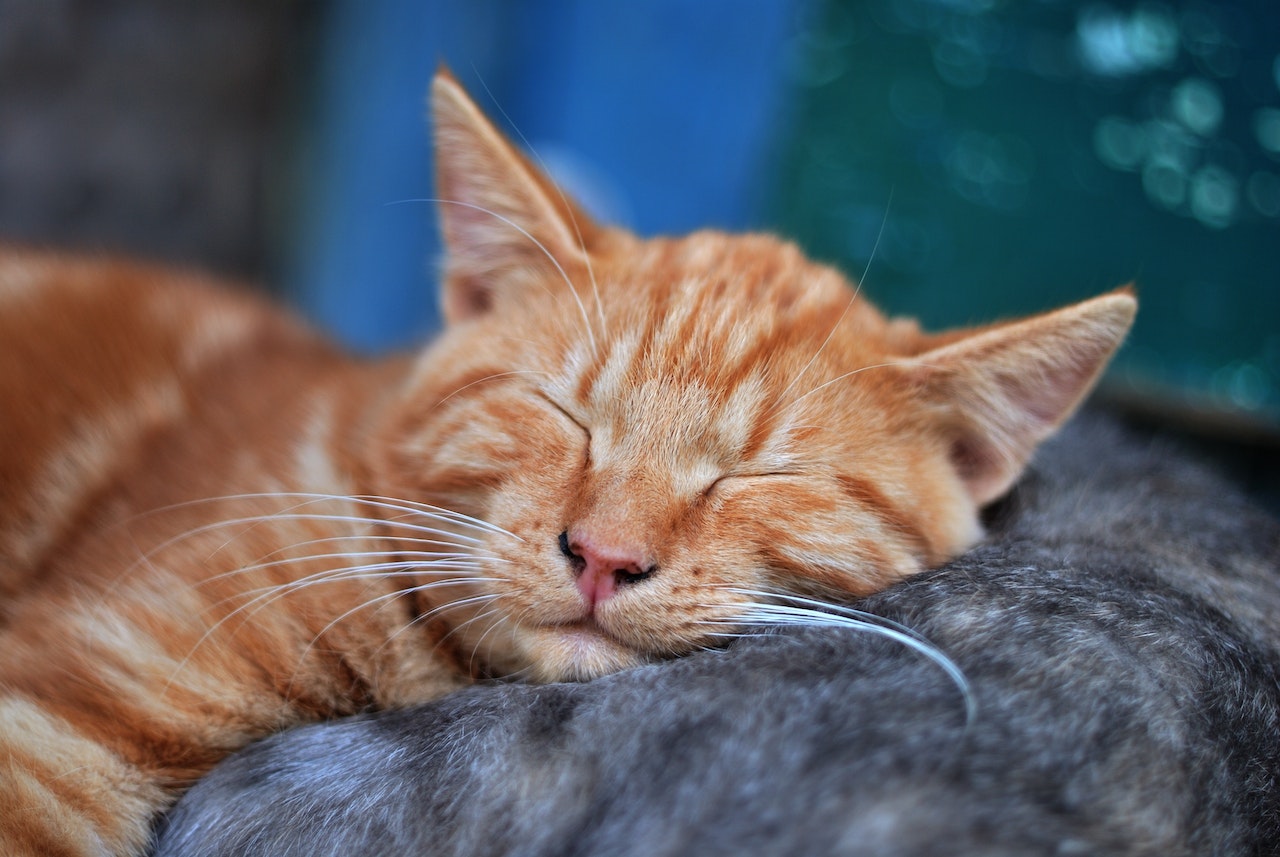If you’re a cat owner, you’ve probably noticed that your furry feline friend spends a significant portion of their day snoozing. Cats are known for their love of sleep, often dozing off for long hours in various cozy spots around the house. But have you ever wondered why do cats sleep so much? In this blog, we’ll delve into the fascinating world of cat sleep patterns and explore the reasons behind their seemingly endless naps.
Natural Instincts and Hunting Behavior
To understand why cats sleep so much, it’s important to recognize their evolutionary background. Cats are natural hunters, and in the wild, they would spend a considerable amount of time stalking and chasing prey. This requires bursts of intense energy, followed by periods of rest and conservation. Even though our domesticated cats may not be hunting for their meals, their innate instincts remain intact. Therefore, they continue to conserve energy by sleeping for extended periods.
Energy Conservation
Cats are crepuscular animals, which means they are most active during dawn and dusk. During these periods, they engage in play, exploration, and hunting-like behaviors. The rest of the day is dedicated to conserving energy for these bursts of activity. Sleeping allows cats to recharge and replenish their energy stores, enabling them to be alert and ready for action when the time comes. It’s their way of balancing their energy expenditure and ensuring they have enough stamina for their daily routines.
Also read, How to Take Care of a Cat
Efficient Metabolism
Cats have a unique metabolism that contributes to their need for ample sleep. Unlike humans, who have a relatively constant energy expenditure throughout the day, cats have a more efficient energy utilization process. Their metabolism allows them to conserve energy during periods of rest and utilize it efficiently when they are active. Sleeping helps cats regulate their metabolic processes, enabling them to efficiently process nutrients, repair cells, and maintain overall health.
Light Sleepers
While cats sleep a lot, they are also light sleepers. They have a keen sense of hearing and are highly sensitive to their surroundings. Their sleep cycles consist of both deep and light sleep phases, with frequent awakenings. This alertness during sleep ensures that they can quickly respond to any potential threats or changes in their environment. Therefore, even though they may appear to be in a deep slumber, cats are often ready to spring into action at a moment’s notice.
Age and Individual Variations
The amount of sleep a cat requires can vary based on their age and individual characteristics. Kittens and younger cats tend to have more energy and therefore may need more sleep to support their growth and development. Older cats, on the other hand, may sleep more due to decreased activity levels and age-related changes. Additionally, individual cats have unique personalities and energy levels, which can influence their sleep patterns. Some cats may naturally require more sleep, while others may be more active and sleep less.
Conclusion
So now you know why do cats sleep so much. Cats’ love for sleep is deeply rooted in their biology and natural instincts. The combination of energy conservation, efficient metabolism, light sleep patterns, and individual variations contributes to their significant amount of daily sleep. So the next time you see your cat curled up in a cozy corner, remember that they are simply following their instincts and recharging for their next adventure.




